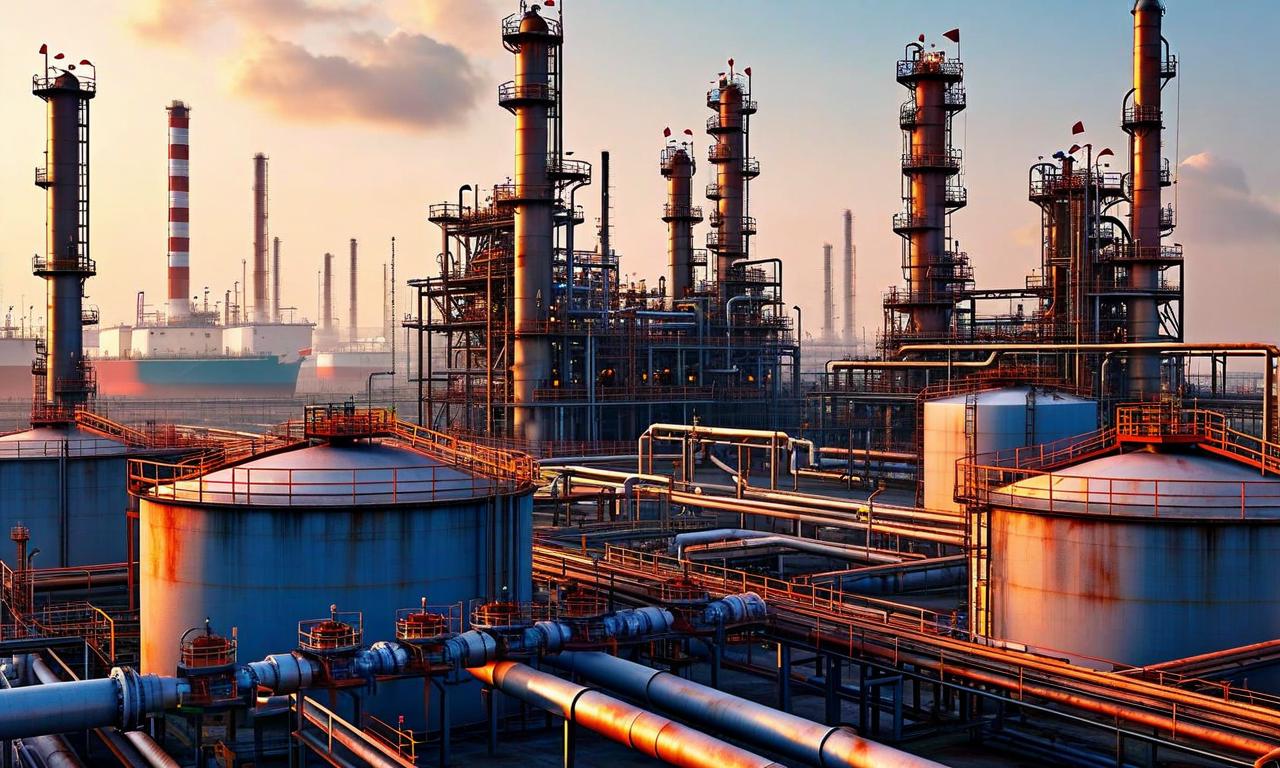Navarro Challenges India's Justification for Russian Oil Purchases
Former Trump administration official Peter Navarro has sparked controversy by calling India's rationale for purchasing Russian oil 'nonsense.' This statement challenges India's position on its procurement of Russian oil, which India defends citing energy security and economic considerations. The debate occurs amid global efforts to economically isolate Russia, with India increasing its Russian oil purchases while many Western countries have reduced theirs. Navarro's comments could potentially add tension to ongoing discussions between India and the United States regarding trade and geopolitical alignments.

*this image is generated using AI for illustrative purposes only.
Former Trump administration official Peter Navarro has sparked controversy by dismissing India's rationale for purchasing Russian oil as 'nonsense.' This statement challenges India's position on its procurement of Russian oil, which has been a subject of international debate.
Navarro's Stance
Navarro, known for his outspoken views on trade and foreign policy, made the provocative comment in what appears to be a direct criticism of India's oil procurement strategy. His statement that it is 'nonsense' that India must purchase Russian oil suggests a skeptical view of India's justifications for maintaining its energy relationship with Russia.
India's Position
India has consistently defended its decision to continue purchasing Russian oil, citing energy security and economic considerations. The country maintains that it needs to secure affordable energy sources to meet the needs of its large population and growing economy.
International Context
The ongoing debate over India's oil purchases from Russia takes place against the backdrop of global efforts to isolate Russia economically following its actions in Ukraine. While many Western countries have reduced or eliminated their Russian oil imports, India has increased its purchases, taking advantage of discounted prices.
Implications
Navarro's comments could potentially add tension to the ongoing discussions between India and the United States regarding trade and geopolitical alignments. It remains to be seen how Indian officials might respond to this characterization of their energy policy.
Conclusion
As the global energy landscape continues to evolve amidst geopolitical tensions, statements like Navarro's highlight the complex interplay between energy security, economic interests, and international relations. The debate over India's Russian oil purchases is likely to remain a point of contention in global diplomacy and energy politics.



















